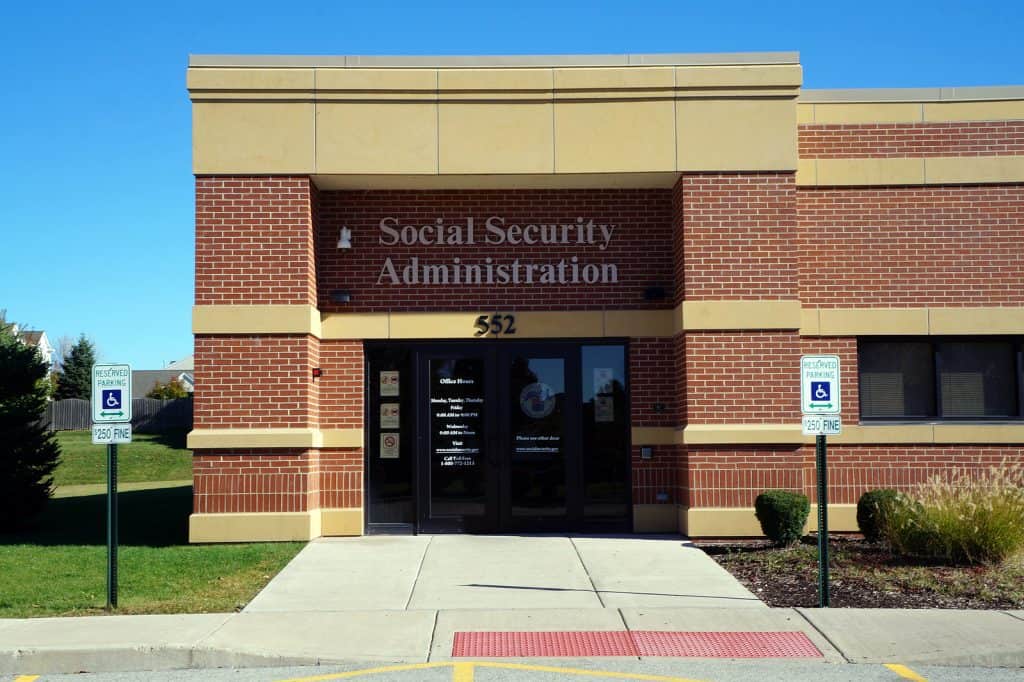As non-traditional families become more common, more questions arise when it comes to Social Security Disability Insurance (SSDI) benefits. Auxiliary benefits, in particular, can benefit non-traditional families, but many are unsure of what these benefits are and how to access them.
What are Auxiliary Benefits?
When you apply for SSDI benefits, you may assume that you are the only one who can receive benefits from the Social Security Administration.
However, this is not necessarily the case. In some cases, family members, such as dependent children and spouses, may also be able to receive benefits. These are known as auxiliary benefits.
Only family members of those on SSDI are eligible for auxiliary benefits. Family members of those on Supplemental Security Income (SSI) are not eligible for these benefits from the Social Security Administration.
How much will family members receive? That depends on how much taxes the SSDI receiver paid into the Social Security program while employed.
Eligibility
Spouses who wish to qualify for auxiliary benefits must meet the following criteria:
- Under the age of 62
- Joint caregiver of children under the age of 16
In case of divorce, a spouse may still receive SSDI auxiliary benefits if the couple was married for at least ten years prior to the divorce.
Children may qualify for auxiliary benefits if they are:
- Under the age of 18
- Enrolled in school full-time
- Unmarried
Children who are not dependents, over the age of 18, and not enrolled in school full-time are not eligible for auxiliary benefits.
How Do Non-Traditional Families Benefit from Auxiliary Benefits?
After reading the qualifications for auxiliary benefits, you may be wondering how they apply to non-traditional families.
Children who live with their grandparents may qualify for benefits based on the grandparent’s disability if they meet certain criteria.
Children of unmarried parents may also qualify for auxiliary benefits based on the parent’s earnings record and disability. In order to qualify, the parent must be listed on the child’s birth certificate. Children may also qualify if their unmarried parent receives retirement or SSDI benefits.
If a parent is deceased and earned enough work credits to qualify for benefits at the time of death, children can qualify for auxiliary benefits.
Benefits are also available to disabled children based on their own disabling condition if the parents meet income guidelines.
What about children who are unofficially adopted? They, too, may qualify for auxiliary benefits in certain situations based on the record of the unofficial parents. In order to qualify, the child must be under 18 and living with a grandparent. The parents must be deceased or disabled, and the grandparent with whom the child lives must receive SSDI.
The child must also meet the following requirements:
- Be under the age of 18
- Must have lived with the grandparent prior to turning 18
- Must have lived with the grandparent in the U.S.
- Must have received at least one-half of support from the grandparent in the year before the grandparent was entitled to disability or retirement benefits
Children unofficially adopted by other adults will not qualify for auxiliary benefits. If the caretakers seek to formalize the relationship, the child may then qualify for auxiliary benefits. Formalizing the relationship would mean official adoption or becoming legal guardians.



